TAIPEI (Taiwan News) — Environmental experts and industry leaders exchanged views on how Taiwan can reduce cooling related emissions at a cross-departmental discussion held by the Ministry of Environment on Thursday (March 21).
Climate Change Administration Director General Tsai Ling-yi (蔡玲儀) said that Taiwan voluntarily follows the requirements of climate agreements despite not being a member of the U.N. and the “Global Cooling Pledge” discussed at the COP 29, which is aimed at reducing emissions and exploring sustainable cooling options.
In response to the commitments proposed by COP28, the Ministry of Environment is proceeding in three main directions, Tsai said.
First, it is focusing on energy-efficient buildings, which encompass hotels and factories. Thus, it requires coordination among government departments to regulate new building structures and air conditioning equipment to cut greenhouse gas emissions, Tsai said.
Second, is to gradually phase out the use of refrigerants and promote alternatives, Tsai said.
Third is to guide cooling and air conditioning companies to introduce more efficient equipment, and process power equipment, particularly in the manufacturing sector.
Tsai said Taiwan can align with international standards, devise carbon pricing mechanisms, and seek government budget subsidies to encourage industries to adopt high-efficiency cooling technology in air conditioning equipment systems.
Liou Ming-lone (劉銘龍), an adjunct assistant professor at National Taiwan University’s Graduate Institute of Environmental Engineering said the government should encourage industrial areas to adopt large-scale off-peak ice storage systems to shift peak electricity usage. In the future, the design of new industrial and commercial buildings should also be compatible with the installation of such off-peak ice storage systems, he said.
Liu added that promoting ice storage equipment in the manufacturing sector can improve energy efficiency, reduce wasted energy, lower peak electricity demand, and promote the country’s energy transition.
In addition, with the increasing demand for renewable energy, efforts are needed to enhance the application of building energy storage systems, Liu said. He encouraged industry-wide technological integration to export advanced technologies and products in the future.
Liu proposed that Taiwan should submit a “National Cooling Action Plan” by 2026 to align with international standards.
The United Nations Environment Programme has issued a warning that if high levels of global greenhouse gas emissions persist, the temperature could increase 4 C by 2100. It is projected that by 2030 total working hours will decrease by 2.2% globally due to heat stress, resulting in a GDP loss of NT$ 76.69 trillion (US$2.4 trillion).
Source: Taiwan News

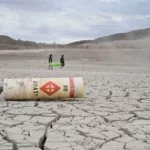

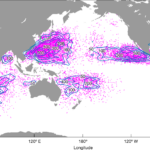

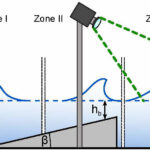

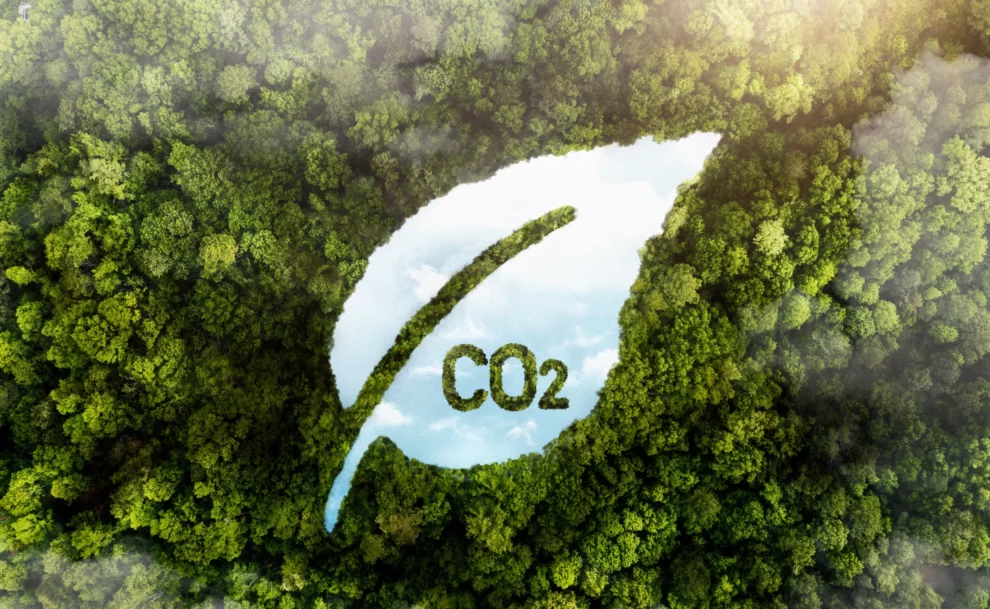
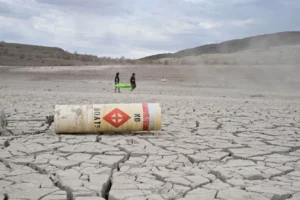

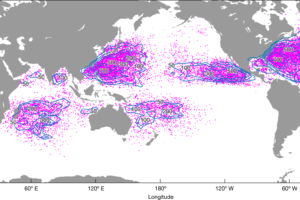
Add Comment